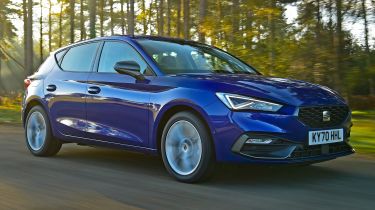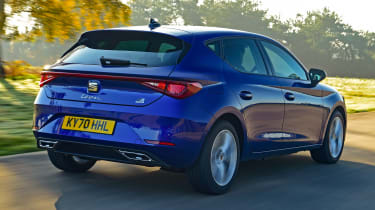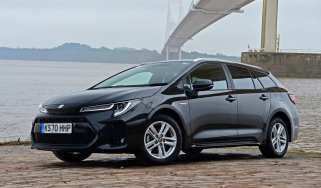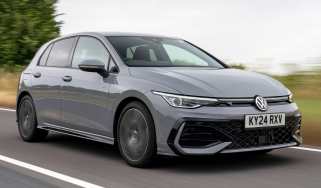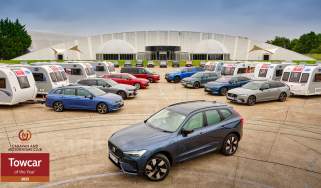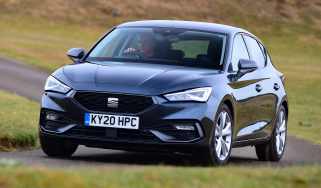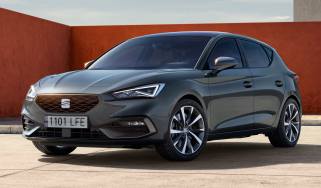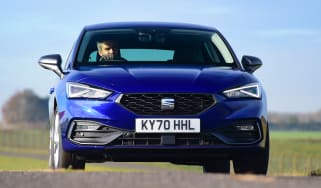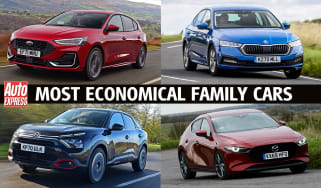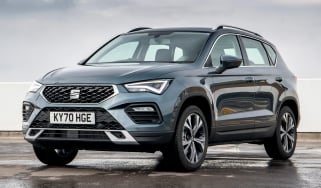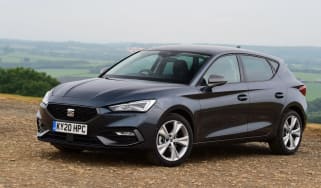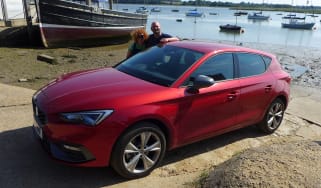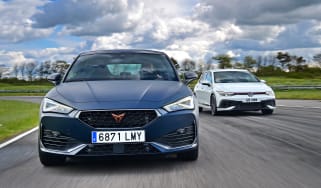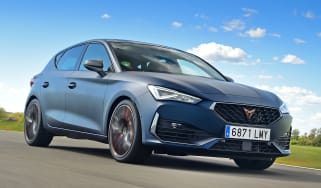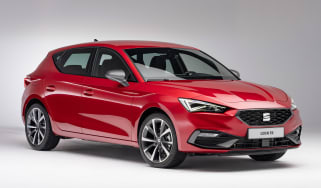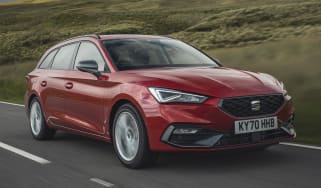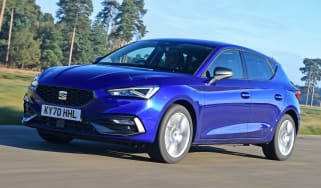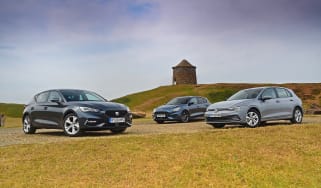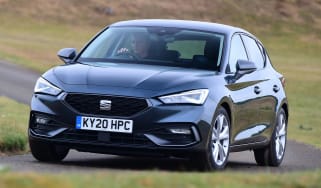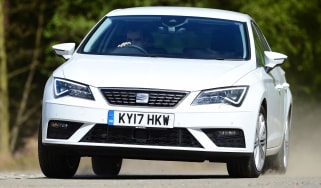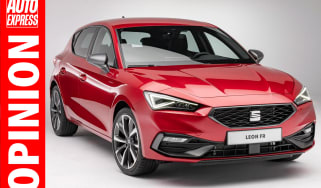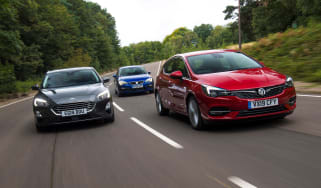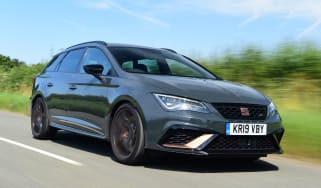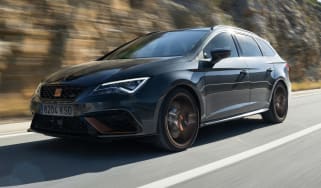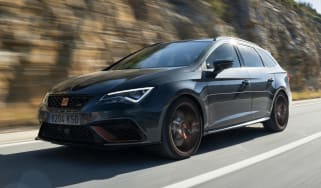SEAT Leon review
The SEAT Leon offers the tech and driving experience of the VW Golf, but for a lower price

The fourth-generation SEAT Leon continues the tried-and-tested formula of taking a Volkswagen Golf and sprinkling it with more adventurous SEAT design. It certainly feels closer to the more expensive Golf in terms of build quality than ever before, and it’s just as good to drive.
The levels of technology and safety are virtually identical between the two as well, and just as important is the fact that there’s significantly more rear space than before, which means it’s perfect for growing families. The boot is a little small for the class, but the Leon is offered as an estate – which is a practical alternative to the Skoda Octavia.
The Golf is more likely to impress your neighbours, and the Ford Focus is nicer to drive, but you’re unlikely to be disappointed with the current Leon.
About the SEAT Leon
The Leon has been a cornerstone of the SEAT range since 1999, when it replaced the Mk2 VW Golf-based Toledo. Since then, SEAT has shifted 2.2 million Leons globally, including around 250,000 in the UK.
The Mk4 Leon is the most advanced and safest version to date. Launched in 2020, it replaced a model that had been on sale since 2012. Like its predecessors, it’s based on the same MQB Evo platform as the VW Golf, which means it’s also closely related to the Audi A3 and Skoda Octavia.
It sits above the Ibiza in the SEAT range, battling for showroom space against SEAT’s trio of SUVs: Arona, Ateca and Tarraco. There’s no three-door version, but a performance version is available in the form of the Cupra Leon. Further competition has arrived since the current Leon went on sale with the Cupra Formentor – which uses the same platform – and the all-electric Cupra Born.
More reviews
Car group tests
Long-term tests
Road tests
Used car tests
But the Leon's main rivals include the likes of the Volkswagen Golf, Mazda 3, Ford Focus and Vauxhall Astra. It also competes against cars such as the Kia Ceed and Hyundai i30, both of which come with significantly longer warranties as standard.
For the first time, the Leon is available as a plug-in hybrid that offers extremely low running costs and up to 40 miles of pure-electric driving, however you can't order the e-Hybrid version right now. You can still get the Leon with a range of petrol and diesel engines, some with mild-hybrid technology, along with a choice of six-speed manual or seven-speed DSG automatic gearboxes.
The five-door hatchback will account for the majority of sales, but if practicality is important to you then check out the Leon Estate, which comes with 620 litres of boot space compared to the hatchback’s 380-litre boot. In both cases, the plug-in e-Hybrid’s battery pack robs the Leon of boot space.
There are four core trim levels: SE, SE Dynamic, FR and FR Sport, after the Xcellence and Xcellence Lux were discontinued. Standard specification is high, with even SE cars offering 16-inch alloy wheels, LED headlights and rear lights, metallic paint, 8.25-inch touchscreen infotainment system, DAB digital radio, Apple CarPlay, Android Auto, rear parking sensors and cruise control.
SE Dynamic and above get a more impressive 10-inch touchscreen infotainment system and a 10.25-inch customisable SEAT Digital Cockpit. FR and FR Sport models feature lowered and stiffer suspension for a sportier feel.
Leon hatchback prices start from around £23,300 for the SE 1.0 TSI Evo, rising to over £32,000 if you want the more powerful engines in FR Sport trim. Leon Estate prices begin at about £24,700 for the SE 1.0 TSI, while you'll need more than £33,500 for the top-of-the-range model.
Frequently Asked Questions
For an alternative review of the SEAT Leon, visit our sister site carbuyer.co.uk...

